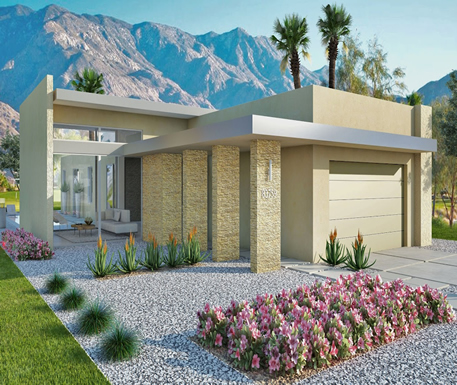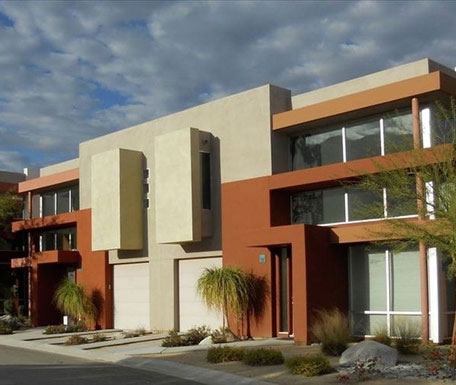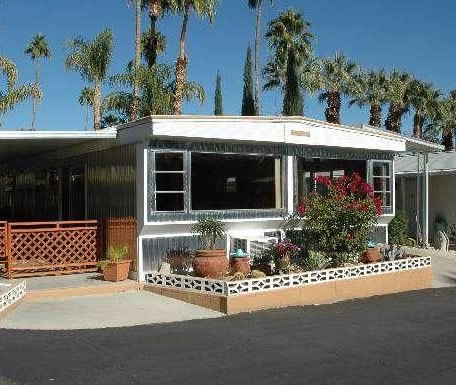Residential Dwelling Types
Paul Dix Adjusters “Your Insurance Protects Their Interests,
We Protect Yours”
Framed /“Stick Built” Homes
Framed homes, also know as “stick built” homes, are covered by insurance companies in a variety of ways depending upon their use. The most common form is through a standard homeowner policy. This type of policy varies greatly depending on the insurance company.
There are generally three components to each policy:

The policy jacket

The declarations page

Endorsements
Most homeowner policies carry replacement cost on the dwelling or personal property. Some policies are “all risk,” while others are “direct physical loss” with various exclusions. Other types of policies are used to cover rental properties. These may or may not carry replacement cost and typically have a limited amount of personal property coverage. It is prudent to review your policy frequently, especially when changes in use occur (i.e., going from an owner occupied home to a rental unit).
Condominiums /TownHomes
Condominiums and townhomes have shared physical components, such as walls, walkways, driveways, etc., and are covered by insurance companies in a variety of ways depending upon their use. The most common form is through a condominium unit owner’s homeowner policy, which can vary greatly depending on the insurance company. The policy components are similar to those described above for a framed home.
Condominium / townhome policies present very unique challenges to both homeowners and insurance companies. The extent of coverage often depends upon the quality of the homeowner association’s Master Policy. Insurance companies and their staff adjusters are required to determine what the Master Policy pays and where this coverage ends before they can determine where your individual policy picks up. We recommend keeping the association’s Master Policy and CC&R’s with your individual policy, in order to provide complete information to those involved in the claims process.
Modular / Mobile Homes
Modular / Mobile homes are constructed in a factory using an assembly line process and must be delivered to their final location. In a factory setting, the weight of the home is limited by the Department of Transportation, so manufacturers often use less expensive lightweight materials in order not to exceed these weight limits down the road.
Insurance companies typically insure modular / mobile homes in one of two ways:

A standard owner-occupied modular / mobile home policy

A comprehensive tenant-occupied policy
There are strengths and weaknesses with each of these types of policies. We definitely recommend a consultation with us to determine if you would benefit from a comprehensive review of your policy before a loss occurs. Because of its unique characteristics, a modular / mobile home claim requires special knowledge and expertise in order to have it properly settled. We specialize in modular / mobile homes enabling us to properly handle the many issues that come into play. As a result, we have been quite successful in receiving authorization from the insurance company for a “complete remodel” of several modular / mobile homes.




